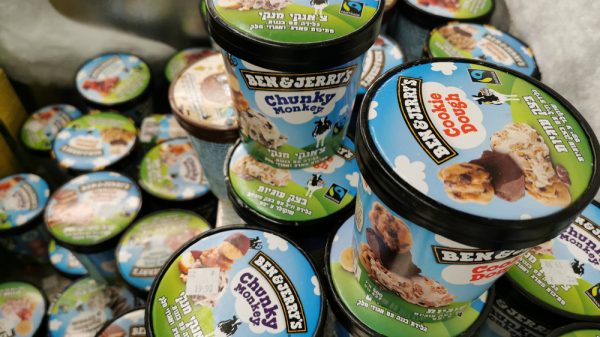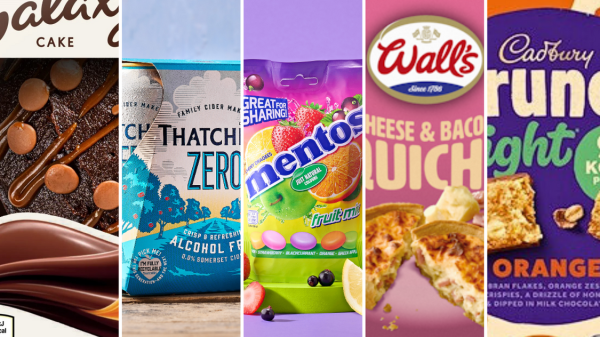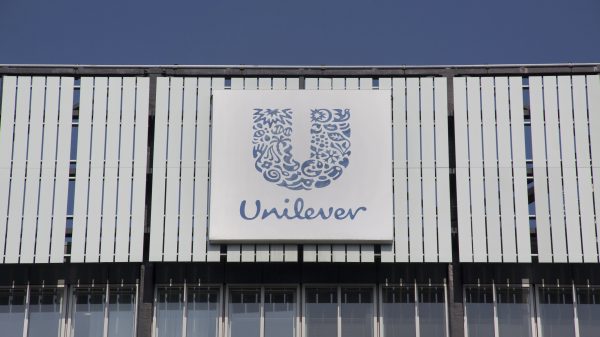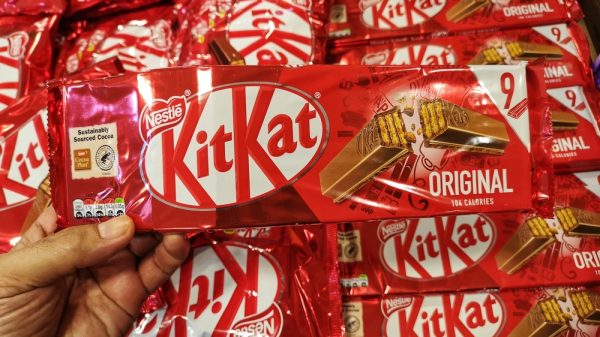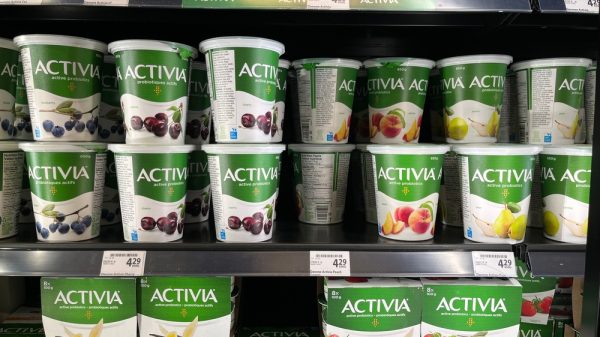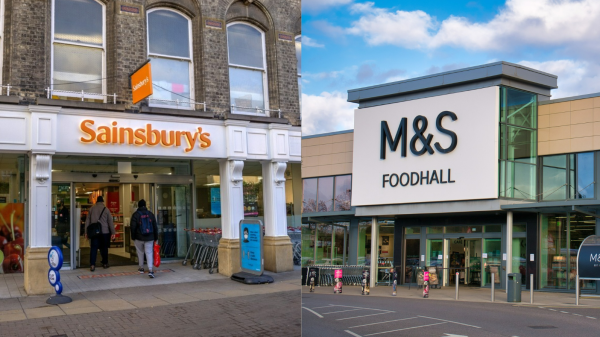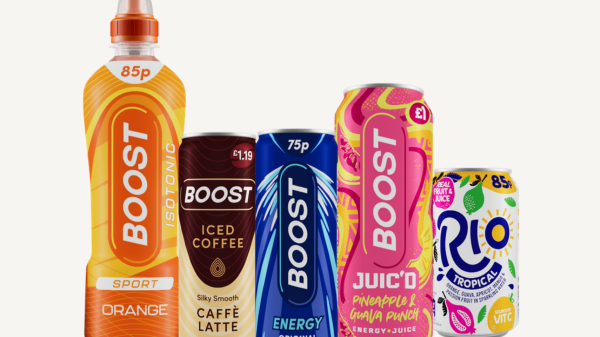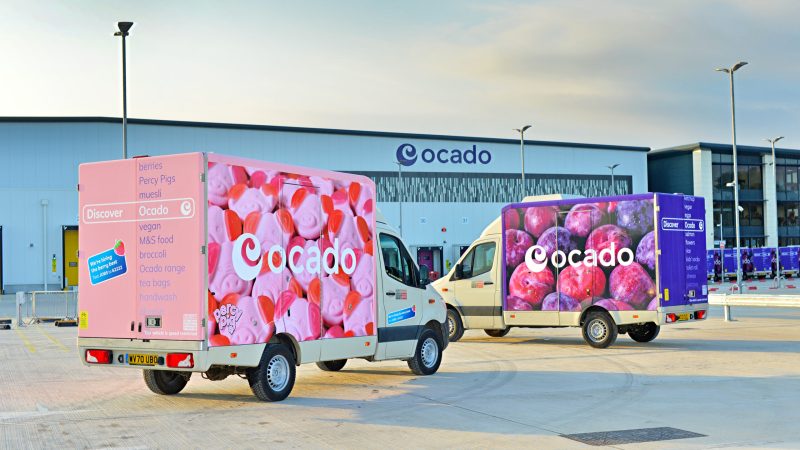Earlier this month FMCG giant Arla unveiled its plans to cut carbon emissions by 63% by 2030.
Having already achieved a 24% reduction since 2015, the firm went on to announce a raft of procedures which will help customers and farmers reduce mileage and engage with logistics suppliers to cut down their CO2 emissions.
From renewable electricity and low-energy solutions to fossil-free milk tankers and distribution trucks, Grocery Gazette spoke with Arla UK senior vice president of sales, Jonathan Dixon about all things sustainable, carbon emissions and what the company’s plans are for the future.
READ MORE: EXCLUSIVE: Nestlé sustainability head urges govt to ‘step in’ and ‘help drive’ sector change
Tell us more about Arla Foods’ plans to cut carbon emissions? Why now?
“The twin challenges of climate change and malnutrition are the most difficult issues facing our global food systems today and they require urgent action.
“We believe that dairy can be part of the solution and so we have more than doubled our emissions reduction targets. This is part of our new five-year strategy, Future26, to meet the requirements required to keep global warming to no more than 1.5 degrees. Our new targets have been approved by the Science Based Targets initiative, under the Paris Agreement.”
What sustainability procedures are being put in place?
“Within the next five years we plan to convert to fossil-free trucks, such as poo power trucks in the UK and electric trucks in Denmark and Sweden, for our full fleet of milk tankers and distribution trucks. We will also convert to green electricity and low-energy solutions across our production sites and offices.
“In addition, we are working with an assessment tool to estimate CO2e emissions along with an internal price tag per ton of CO2e on all new investments. This highlights the benefits of green investments by creating a method where we can compare the climate impact to the hard financial numbers and incentivise greener solutions.”
READ MORE: Dairylea advert banned over safety fears
Are the initiatives sustainable in the long run?
“Yes, they are. We believe there is a future for sustainable dairy production to meet the growing global demand for nutritious food, and we are part of the solution.
“We have science-based targets in place to reduce our greenhouse gas emissions in scope one and two with 63% and 30% per kilo of raw milk in scope three. These are deemed some of the industry’s most ambitious climate targets and in line with current best practice by Science Based Targets Initiative.”
You recently said Arla Foods would work with customers and farmers to reduce mileage and engage with logistics suppliers to reduce CO2 emissions – could you tell us more about that?
“We work with our farmers through our quality programme Arlagarden and our Climate Checks, which have created one of the world’s largest datasets on dairy farming. This has identified five main levers where farmers can reduce their climate impact, benchmark and learn from best practices. (Feed efficiency, precision feeding protein and rations, animal welfare, precise fertiliser management and better land management.)
“Within logistics we will continue to work both in-house and with our suppliers to optimise transport and getting more km out of each litre of fossil fuel. We will be ensuring that whenever possible we are optimising our pick-up routes, our truck filling rates and our driving practices (driving training, speed limitation, tire pressure checks) as well as renewing our fleet when needed.
READ MORE: Breaking into FMCG: Lisa MacFarlane, The Gut Stuff
What trends does Arla predict for 2022?
“The last couple of years have proven how difficult it has become to predict what lies ahead, but there is hopefully light at the end of the tunnel now. What we do know is that our global food systems are facing twin challenges of climate change and malnutrition and both require urgent action.
“It is important that we continue to focus on both producing nutritious food and continuing to work on the right way to deliver sustainably-produced food affordably across the industry and political bodies.”
Last year, we interviewed Nestlé’s head of sustainability, Emma Keller. She said the UK government needs to ‘step in and help drive’ sustainable sector change, do you agree? And why?
“We do not believe that the UK government is lacking when it comes to policies and legislation that will drive forward sustainability in the food and farming sector. The Agriculture Act, the Environment Act, the Net Zero Strategy and the Food Strategy White Paper are just some of the initiatives that will reshape our sector in the years ahead.
“What needs to develop now is a clearer understanding on the part of farmers, food companies and policymakers of how all of these measures will act together as we work collaboratively towards a more sustainable future. We also need help from government when it comes to embedding the skills needed to deliver that vision across the whole of the workforce.
“The building blocks are there, we now need to work in partnership, industry and government, to put them together.”
Click here to sign up to Grocery Gazette’s free daily email newsletter

